Tuesday, April 23, 2024
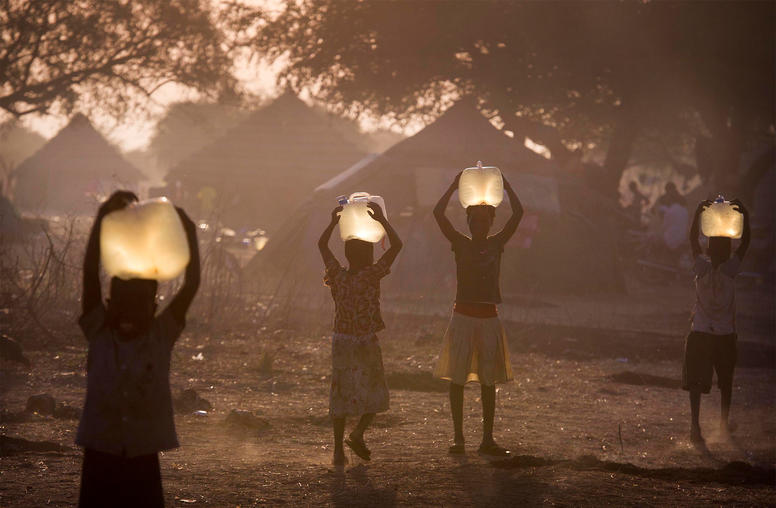
In South Sudan, Civic Activists Take On COVID
For South Sudan, COVID-19 is simply the newest plague. The world’s youngest country already faces civil war, repression, displacement, economic collapse, climate change, hunger—even swarming locusts. South Sudan’s people enter the fight against COVID under nearly the worst conditions of human development, and with 39 percent of them displaced by warfare. With a government that has been unable to provide even basic services, South Sudanese must rely on their emerging civil society, and international partnerships, to organize much of their response to the pandemic. Yet COVID now threatens vital international help for such grassroots campaigns.
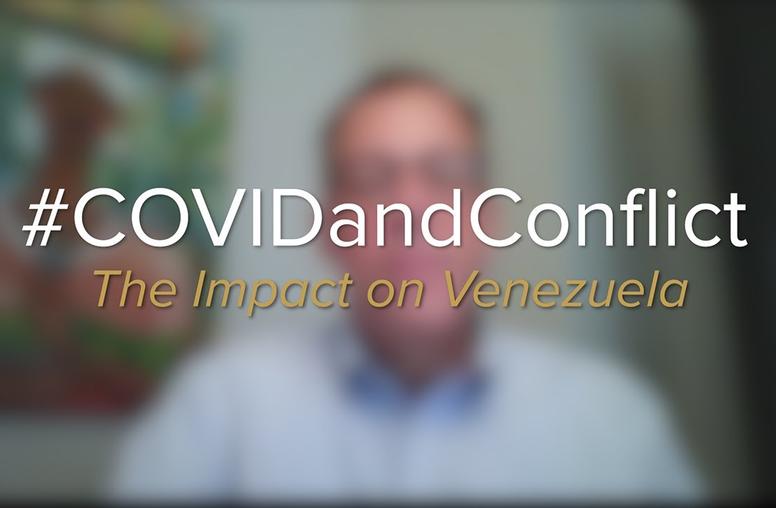
COVID-19 and Conflict: Venezuela
As Latin America emerges as a global epicenter for COVID-19, Venezuela’s political uncertainty, crumbling health care system and widespread food insecurity leave the country particularly susceptible to the pandemic. Yet the urgent threat of the virus could force cooperation between the country’s competing governing bodies, particularly on health and humanitarian issues. Our Keith Mines outlines the pandemic’s toll on Latin America, Venezuela’s response to COVID-19 so far and what opportunities exist for ending the country’s political impasse.
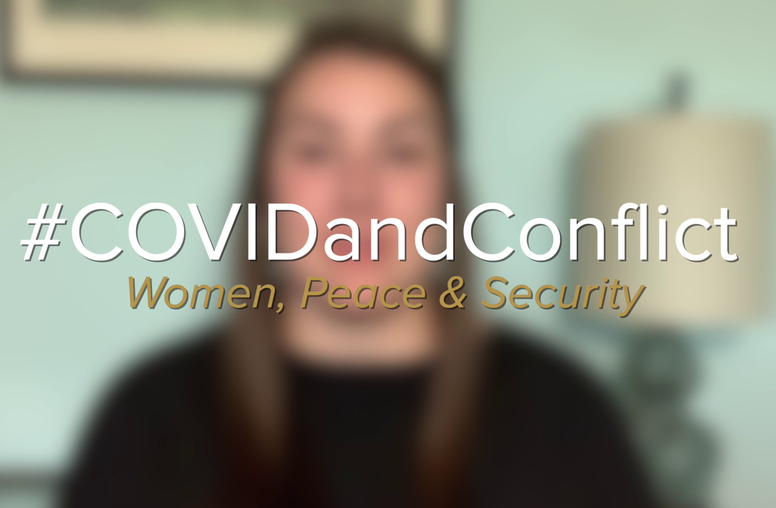
COVID-19 and Conflict: Women, Peace and Security
Persistent inequalities leave women and girls especially vulnerable to the effects of COVID-19, which continues to devastate communities around the world. In addition to the virus’ first-order health impacts, the pandemic disproportionately threatens their economic participation and physical safety, and policymakers must meaningfully take these factors into consideration for any successful response. In this #COVIDandConflict video, our Danielle Robertson discusses the gender dynamics of the pandemic and how to better incorporate the voices and needs of women and girls into humanitarian efforts.
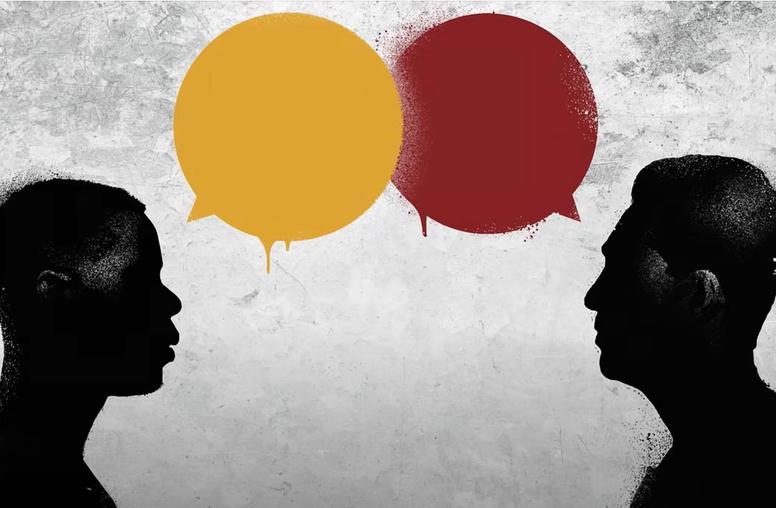
People Power’s Transformative Role in America’s National Reckoning
Since the murder of George Floyd, protests against police brutality and anti-Black racism have shaken the United States, with shockwaves reverberating around the world. Demonstrators have come out in all 50 states, the District of Columbia, and over 1,600 towns and cities across the country, representing the broadest protests in U.S. history. Elsewhere, there have been global solidarity protests for Black Lives Matter and demonstrations calling for an end to racism in Tunis, Pretoria, Rio de Janeiro, Seoul, and dozens of other cities around the world. The Black-led popular uprising has led to a national reckoning on the issue of systemic racism and police brutality against Black people in the United States.
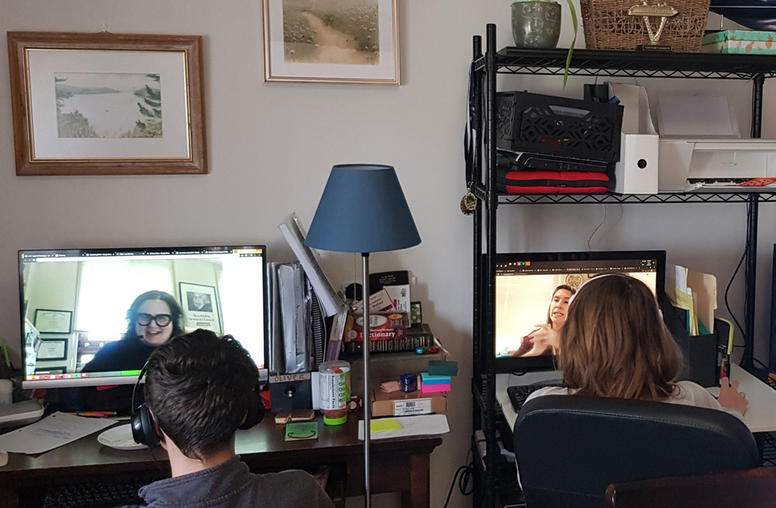
Amid the Pandemic, Teaching Peace Remains Vital
USIP’s Peace Teachers Program is a year-long professional development opportunity for middle and high school educators in the United States. Launched in 2015, it offers a select group of educators the opportunity to work closely with USIP and with each other over the course of a school year as they incorporate global peacebuilding themes and skills into their classrooms. In this article, one of USIP’s current Peace Teachers, Emily Philpott, and one of the program’s alumni, Matt Cone, reflect on their experiences teaching peace amid the COVID-19 crisis.
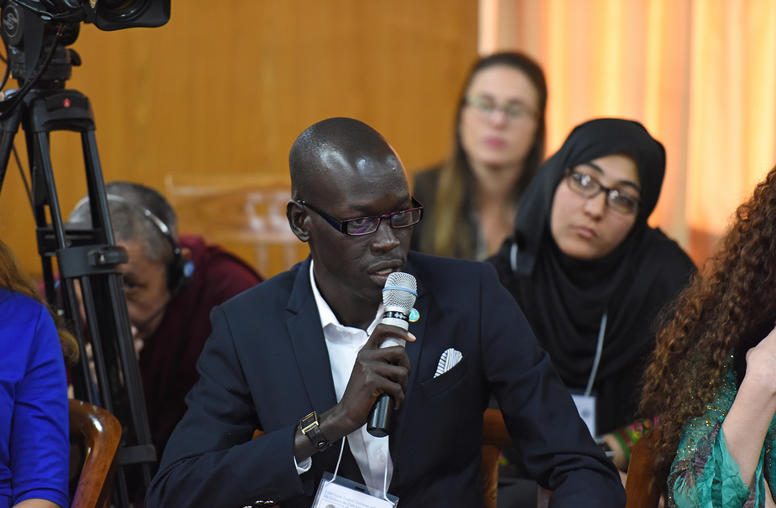
An African Activist Builds Peace with Youth—and Refugees
Gatwal Gatkuoth was about 11 years old when war in Sudan forced him to flee hundreds of miles, alone, to Uganda as a refugee. Now he works to end wars. When COVID struck Uganda, the nation’s sudden shutdown caught Gatkuoth touring remote refugee camps, seeking ways to help Africa’s largest refugee population survive the pandemic. So when the U.N. Security Council called him weeks ago to ask his advice on improving efforts to build peace, Gatkuoth’s briefing over an unstable cellphone line came straight from a fragile front line of human need.
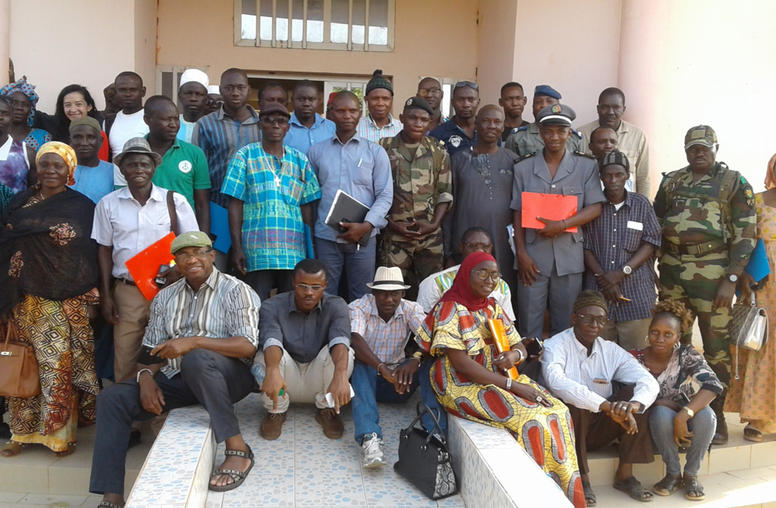
In Casamance, Dialogue Helps Battle Coronavirus and Build Trust
The Casamance region of Senegal has been wracked by conflict since 1982, when an insurgency sought independence over social and cultural grievances with the Senegalese government. Nearly four decades later, the unresolved conflict has frayed the relationship between security forces and Casamance’s citizens, disintegrating the trust that once existed. But, this March, as the coronavirus was spreading around the globe, dialogues between youth leaders, security forces, civilian authorities, and other local stakeholders in the town of Goudomp helped to rebuild ties between security forces and the community and foster cooperation to combat COVID-19.
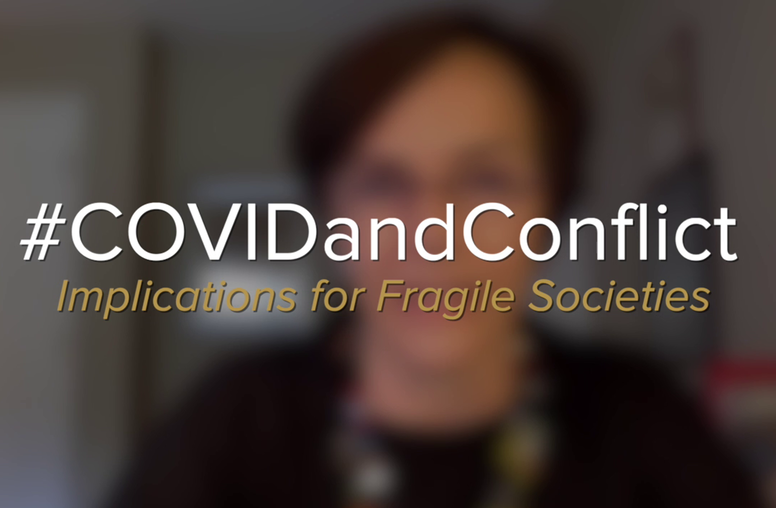
COVID-19 and Conflict: Implications for Fragile Societies
As countries around the world contend with the immediate impacts of COVID-19, the pandemic poses an urgent threat to fragile societies where the bonds between citizens and government are frayed or broken. In these places, the virus threatens to exacerbate conflict, trigger severe humanitarian crises, and disrupt global coordination on public health issues. Our Corinne Graff examines the potential effects of COVID-19 in fragile states and outlines how the international community can calibrate efforts to address conflict and fragility amid the pandemic.
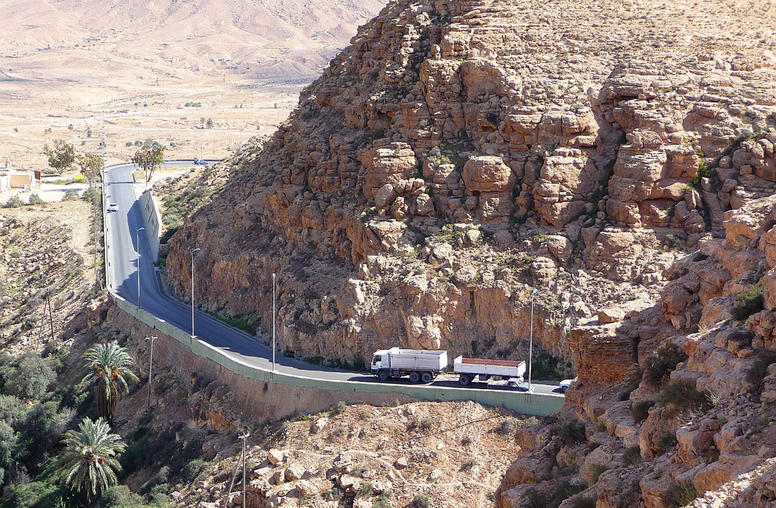
Amid Libyan Crisis, Two Hostile Towns Build a Basis for Peace
Libya’s escalated warfare and the COVID pandemic are hindering formal diplomacy and thus prolonging the risks the conflict poses—from the Mediterranean to Africa’s Sahel region. Yet even as international peacemaking on Libya is stalled, long-time foes in the country’s west have overcome old enmities to cooperate amid the coronavirus crisis. It is the latest of several grassroots advances in Libya that show how local dialogues can build peace amid warfare—even when global diplomacy is impeded.
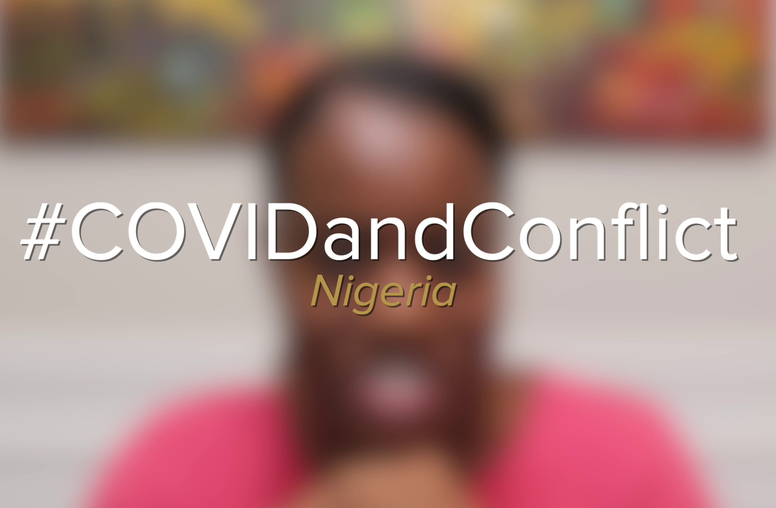
COVID-19 and Conflict: Nigeria
As Africa’s most populous democracy and largest economy, Nigeria’s ability to mitigate the spread of the coronavirus within its own borders has broader implications for the entire continent. Meanwhile, the virus threatens to exacerbate the country’s existing security challenges, which in turn make an effective pandemic response more difficult. In this #COVIDandConflict video, our Oge Onubogu looks at how the Nigerian government has addressed the virus and what potential takeaways the response to COVID-19 could have for tackling the country’s epidemic of violence.
